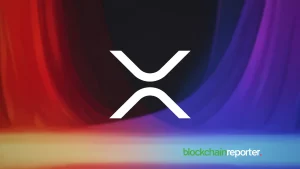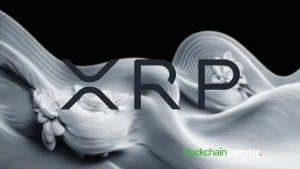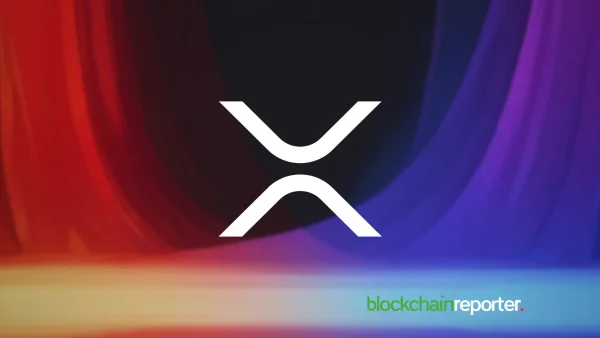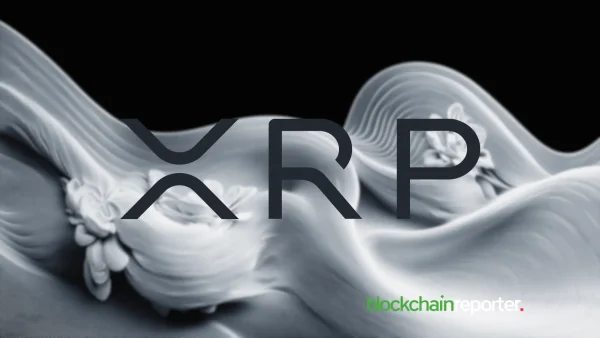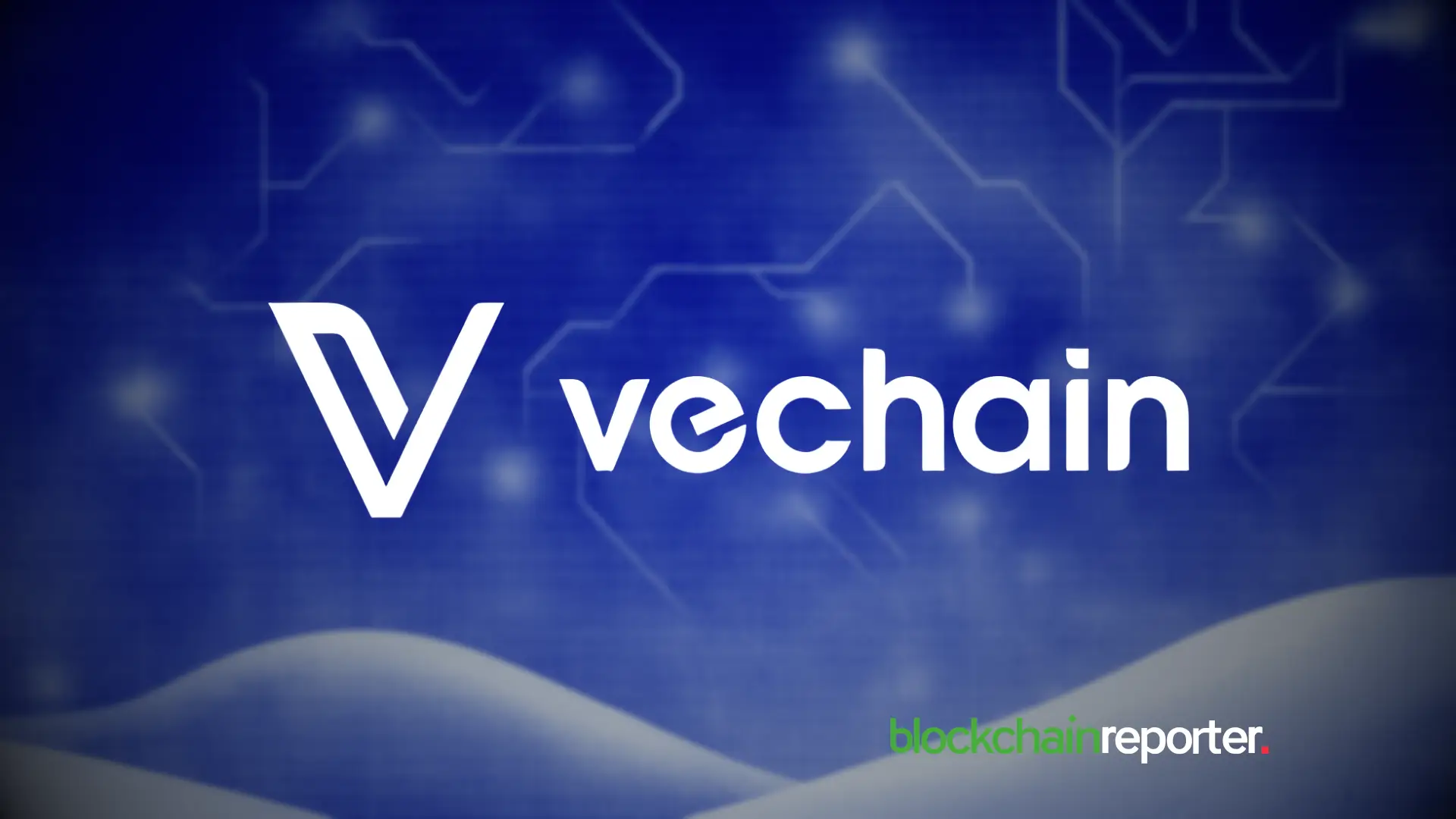
- Vexchange is VET’s first DEX
- Vexchange is currently in beta phase
- The exchange executes trades based on liquidity in the market
According to a Medium post published on January 28, 2019, VeChain’s (VET) first decentralized exchange (DEX) named Vexchange has been successfully launched in beta phase. Users can integrate their Web3 wallets (Arkane or Comet) with the DEX and trade VET in a completely trustless and decentralized manner. The DEX also gives its users the option to run its interface locally.
Vexchange Still in Beta Phase
The blog post states that the DEX is still in its beta phase, so users might face some minor bugs here and there. Users facing any issues can report it on Vexchange’s official Telegram channel.
Vexchange, VeChain's first Decentralized Exchange has opened it's doors to liquidity providers in preparation for a full mainnet launch. Read more here: https://t.co/mhCfWosojX
— Reservoir Finance (@ReservoirFi) January 28, 2019
How is the Liquidity Created?
Contrary to the practice of using order books, Vexchange uses liquidity pools to establish prices between two currencies. For example, a specific market (VTHO/VET) will hold two separate reserves of VTHO and VET. The assumption is that these two reserves are equal in value, i.e. Price = Reserve A/Reserve B.
However, the price will be dynamic in nature in that it will move with every trade. For example, a purchase of 100 VET would remove 100 VET from the reserve, while adding 1000 VTHO. The new price for VET would then be higher because the reserve is now holding less.
This, however, would not be a problem for the users, as they can minimize price fluctuations by staking extra funds to pump more liquidity in the reserves. This practice could simplify the process of buying and holding tokens in the future, as institutions and developers would then be able to buy a year’s worth of VTHO with less than 0.1% slippage, all on-chain and settled in one transaction.
Further, in order to incentivize liquidity providers, the DEX would periodically distribute a portion of its fees among them.
Vexchange Security
With regard to security, Vexchange requires no deposits before trading. The DEX is non-custodial in nature, which means that all of the user’s assets are stored securely in their wallets until a trade is executed.
Non-custodial nature of the exchange ensures reduced exposure to risks of fraud as users have complete access to their funds in wallets.

